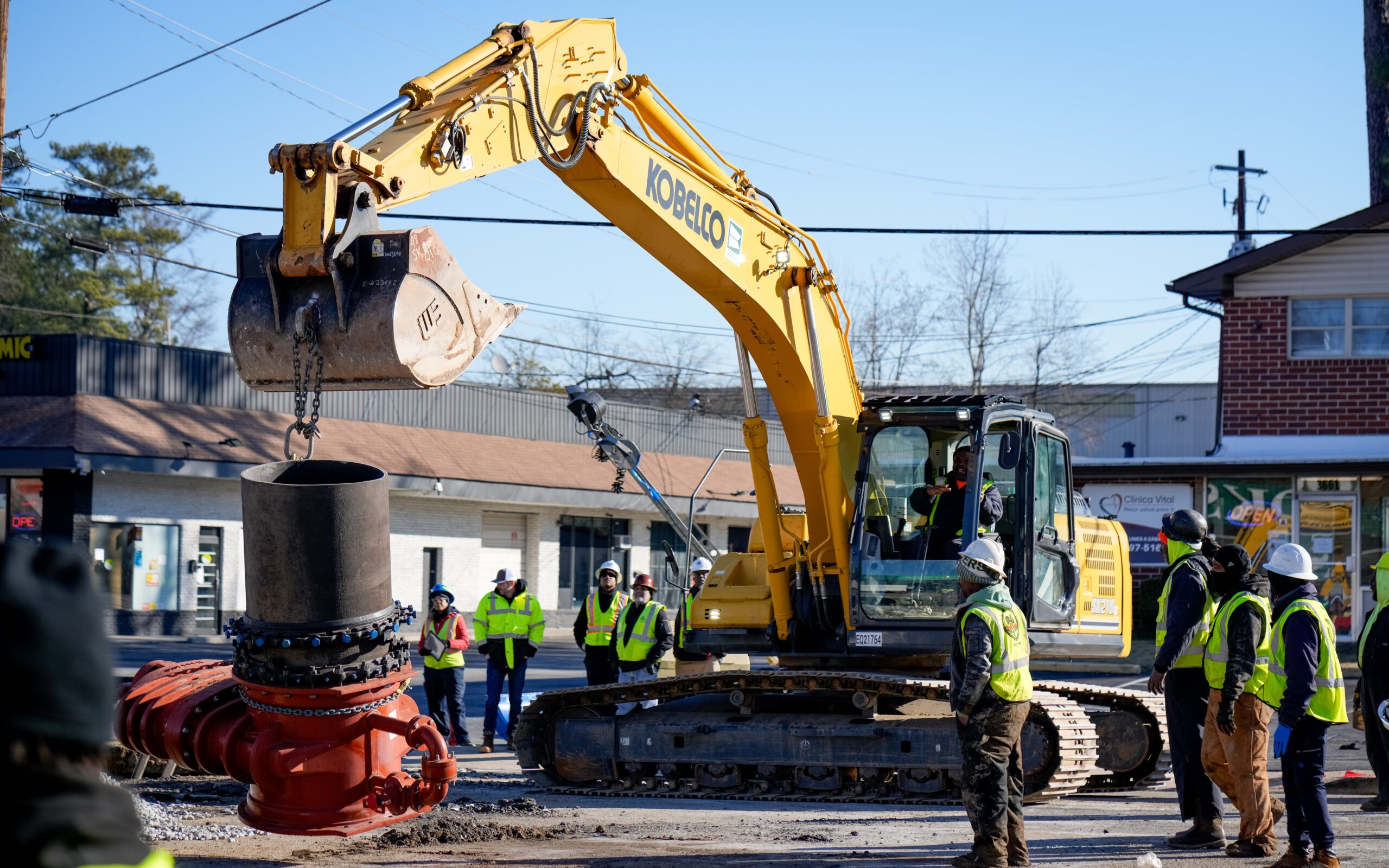There are roughly 180,000 residential water and sewer users in the county.
Rates will increase by 10% on January 1st and each January after that until 2034. Over the course of five months, the average household’s bill will rise from roughly $70 to $84 due to the first two increases.
According to a federal consent agreement, DeKalb County must make significant repairs to its often overflowing sewer system in order to comply with the Clean Water Act. Additionally, a large number of the county’s water mains are over 60 years old and frequently break.
According to the county, it will cost over $4 billion to fix both systems.
Shortly after entering office in January, Cochran-Johnson requested the rate increases when a large water main broke down a busy road in north DeKalb, causing days of boil water advisories.
In order to focus on affordability initiatives, the County Commission postponed approval of the first raise, which was originally scheduled for May. The rate increases were eventually approved by commissioners to go into effect on July 1st, but county employees delayed the implementation until the affordability program was completed.
The county may have to pay higher loan rates to finance infrastructure upgrades as a result of Moody’s downgrading its outlook for DeKalb’s water and sewer fund last month. According to Moody’s, a more severe credit rating drop could result from significant delays in enacting the rate increases.
Households earning 60% or less of the U.S. Department of Housing and Urban Development’s restrictions for metro Atlanta are eligible for DeKalb’s new affordability program. According to the application, that translates to a family of four earning no more than $68,520 annually. Bills under the program are limited to 4.5% of the income of an eligible household.
The program is run by the Urban League of Greater Atlanta. DeKalbWaterAssist.org offers applications as well as phone numbers and email addresses.
According to the news release, Nancy Flake Johnson, president and CEO of the Urban League of Greater Atlanta, stated that having access to inexpensive, clean water is a basic human need.






